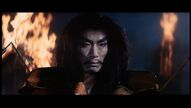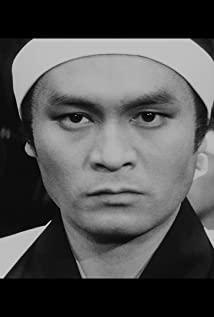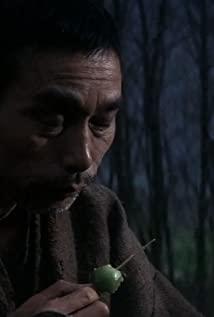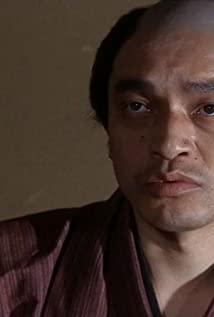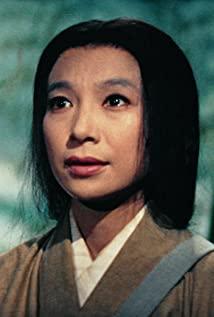"Snow Girl": A young woodcutter and his master take shelter from the snow at night's hut. The woodcutter woke up at night and saw a woman whose skin was better than snow. The woman said, "I like you, so I won't blow your air, but please keep a secret for me." Wake up in the morning to see the master passed away. After the woodcutter got married and had children, his wife and children were all fair-skinned. The woodcutter suddenly recalled that when he asked his wife, the wife told the truth, but sadly said, I am the Snow Maiden you saw more than ten years ago. You promised to keep it a secret, but you didn't. I can't bear to hurt you, I'll leave. After speaking, the figure disappeared like snow.
Dakong said that secrets are like phlegm, if you don't spit it out, you don't feel happy. Commitment is like snow, it disappears when it gets hot.
"Earless Fang Yi": Fang Yi is a melancholy and elegant blind pianist, just like Gao Jianli or A Bing, but he plays the pipa very well. When he was sleeping in a temple, every night someone who sounded like a samurai took him to a place to play "Heike Monogatari" for the people there, which was the most tragic record of the Heike family before their death in battle. His graceful playing took the audience from sob and murmur to heart-wrenching wailing. But the monks said his audience was just the ghosts of some dead Heike family members, drawing a talisman to keep him from being carried away by ghosts. In the evening, the samurai came to him again and took him there. He was frightened to death, but the samurai looked around, but could not see Yoshiichi, but only saw a pair of ears floating in the air, so he pulled them off and took them away. It turns out that when the monk drew the talisman, he forgot to draw two strokes on Fangichi's ear.
Dakong said: Music does not distinguish between yin and yang, so please don't be careless when drawing talismans.
"In the Tea Bowl": There was a military officer named Guan Nei, who drank tea on a tour. There was always a handsome warrior's face in the tea bowl, and he drank the tea until he was hesitant. In the evening, in the heavily guarded barracks, the samurai came to Guannei. Kannai obviously didn't want to be responsible for the damage he caused to the samurai because of drinking tea. Instead, he stabbed the samurai, and the samurai escaped with injuries. The next day, three servants of the samurai came and said to Kwanai, we will retaliate against you with blood for blood. Guan Nei slashed down with a knife, and the three people escaped into the wall and disappeared. Koizumi Yakumo's original story stops here, and no one knows what will happen next. In the movie, Kobayashi Masaki made an imaginary ending for the story. This ending did not involve the samurai, but added the ending of the person who wrote the story, which can also be called exquisite.
After reading the book, I will watch this film by Masaki Kobayashi while it is still hot. The picture is poignant, and the stage is full of sense. It's much more frightening than when I read the book, especially with the sound effect, the gloomy wind is blowing. In Wuerfangyi's article, there are a lot of Japanese slang words that make people feel goosebumps all over, and the ancient Japanese woman's costume partner, with a pale face, long hair and waist, looks ghostly if not a ghost.
View more about Kwaidan reviews






